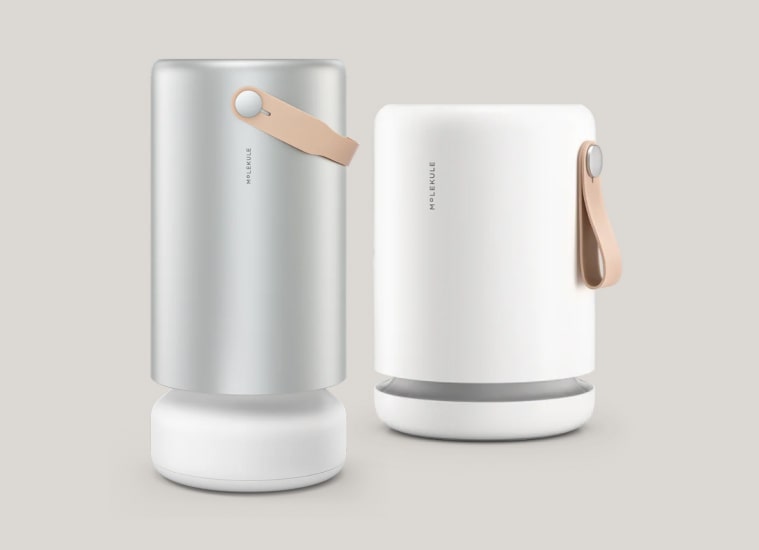6 Tips to Survive an Epic Spring Allergy Season
This year’s spring allergy season may be tough but our allergy doctors can help you survive it.
 This year’s spring allergy season is well under way, and climate change may have something to do with it. According to scientists around the globe, many regions are now experiencing longer and more severe allergy seasons as trees and grasses respond to a warming planet. Warmer temperatures in early spring allow the allergy season to start earlier, enable weeds to thrive in areas that before were too chilly, and tend to encourage all plants to produce more pollen. In dry years (or just dry climates like southern California) all this pollen can be particularly irritating to allergy sufferers because the dry air can suck moisture out of your mucus membranes, leaving them especially vulnerable to allergy symptoms.
This year’s spring allergy season is well under way, and climate change may have something to do with it. According to scientists around the globe, many regions are now experiencing longer and more severe allergy seasons as trees and grasses respond to a warming planet. Warmer temperatures in early spring allow the allergy season to start earlier, enable weeds to thrive in areas that before were too chilly, and tend to encourage all plants to produce more pollen. In dry years (or just dry climates like southern California) all this pollen can be particularly irritating to allergy sufferers because the dry air can suck moisture out of your mucus membranes, leaving them especially vulnerable to allergy symptoms.
So what can you do to get through this year’s epic allergy season with a minimum of sneezing, itching, stuffiness, and watery eyes? Try some of these tips:
Get Allergy Testing
Most people have a pretty good idea of what triggers their hay fever allergies simply based on experience. But sometimes allergies can fool you. For example, take an individual who typically gets an allergy attack after mowing the lawn. They might conclude they have a grass pollen allergy, when in reality a big part of their problem might be a reaction to mold spores from dead leaves in the yard. Visiting an allergy doctor for allergy testing can pinpoint your allergic triggers and help put you in a better position to control your symptoms.
Stock Up on Allergy Meds
By the time you’re already suffering with severe hay fever symptoms, the last thing you will want to do is head to the store or the doctor to pick up medication. So stock up in advance—and for best results, visit an allergy doctor for advice and/or a prescription rather than experimenting with over the counter medications on your own.
Keep Track of Pollen Counts
Avoid outdoor activities on days when the pollen counts are high. You can track counts for your area by watching your local weather or using the widget on our website. Also remember that on any given day, pollen counts will be at their lowest before dawn, in the late afternoon, and in early evening so try to plan your outdoor activities for these times.
Protect Yourself from Pollen When Outside
When you do go outside, you can reduce irritation from pollen by wearing glasses or sunglasses to keep pollen out of your eyes. Wearing a mask and gloves when gardening will also be helpful.
Keep Your Indoor Air Clean
Whenever you go outside, pollen is going to stick to your clothes, skin, hair, and shoes. You can limit the amount of pollen you bring inside by always taking off your shoes and washing your hands when you come in and by changing your clothes and washing your hair before bed. You may also want to invest in a quality air filter or air purifier.
Relax
Stress can actually make allergic responses worse because chronic stress weakens your immune system. So try to relax and use stress-relief techniques to help minimize your risk.
If you have any questions about spring hay fever allergies or need help with your treatment, please contact Allergy, Asthma, & Immunology Medical Group today.




